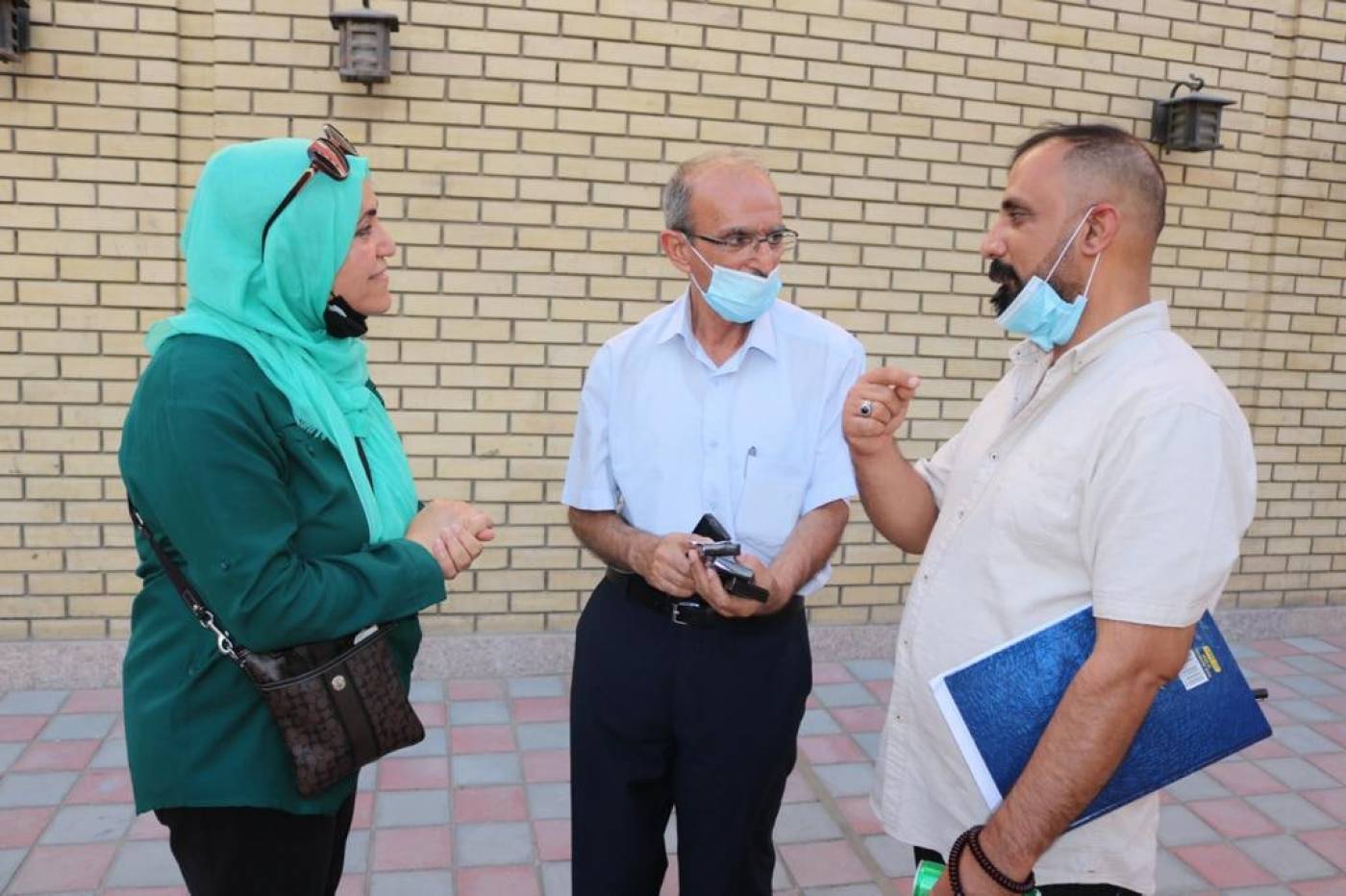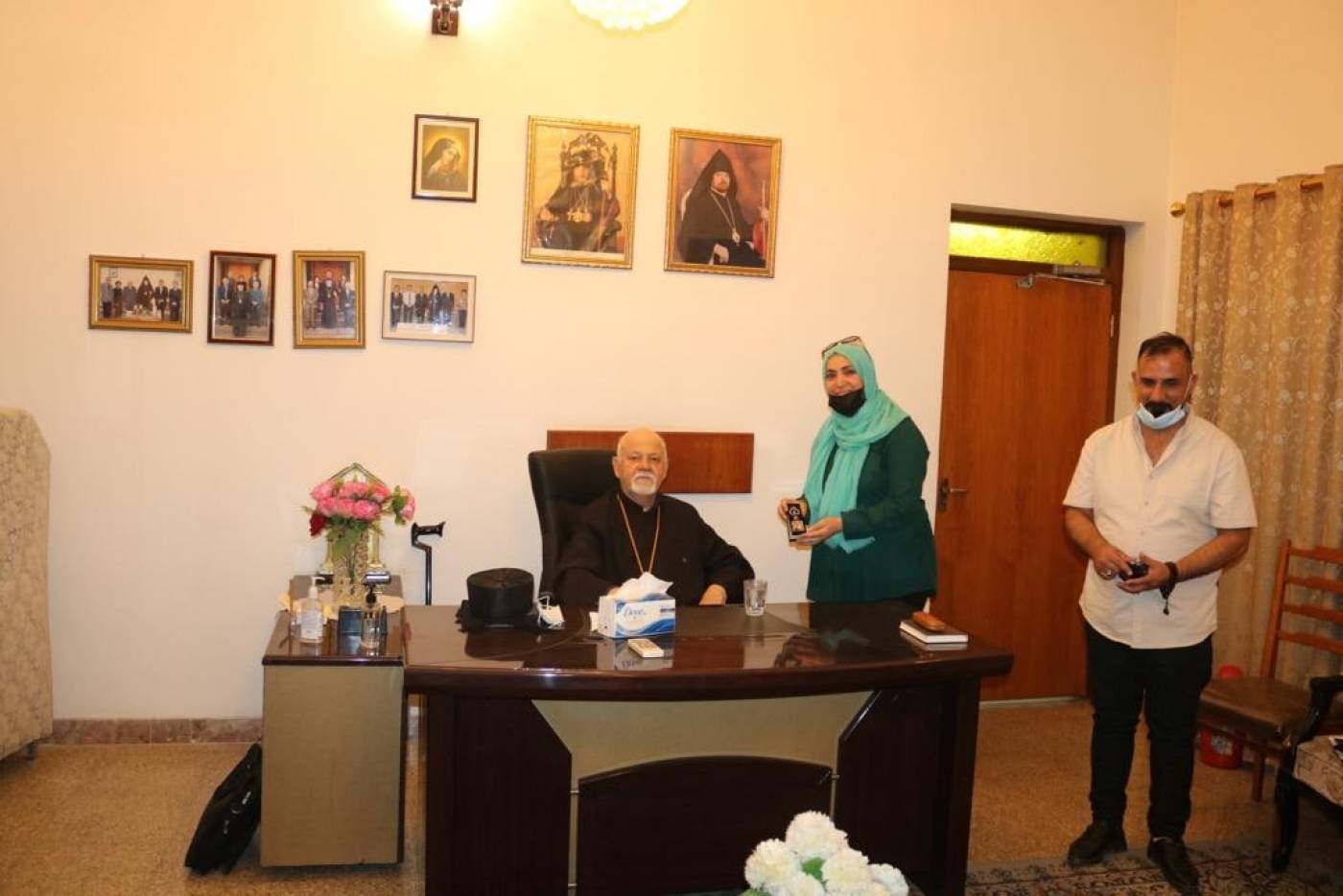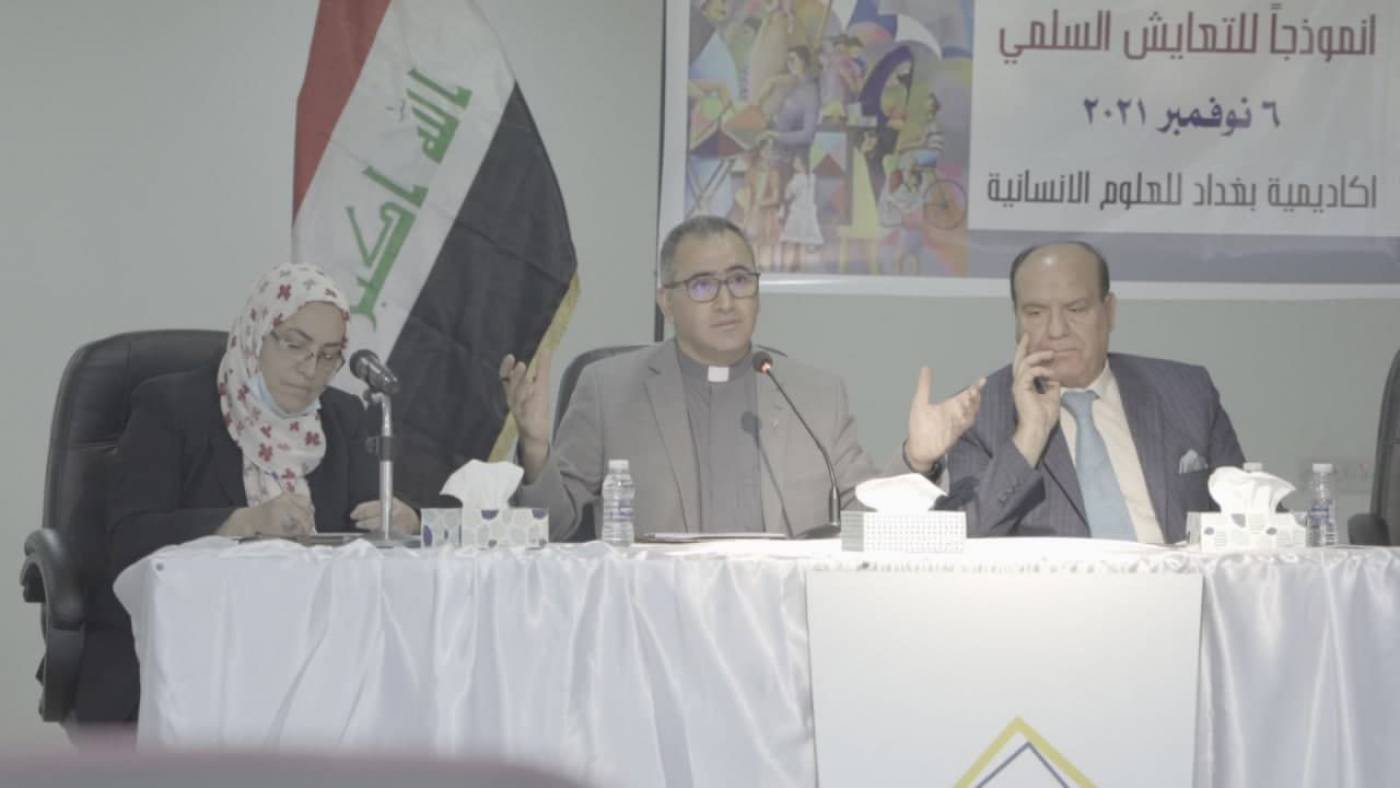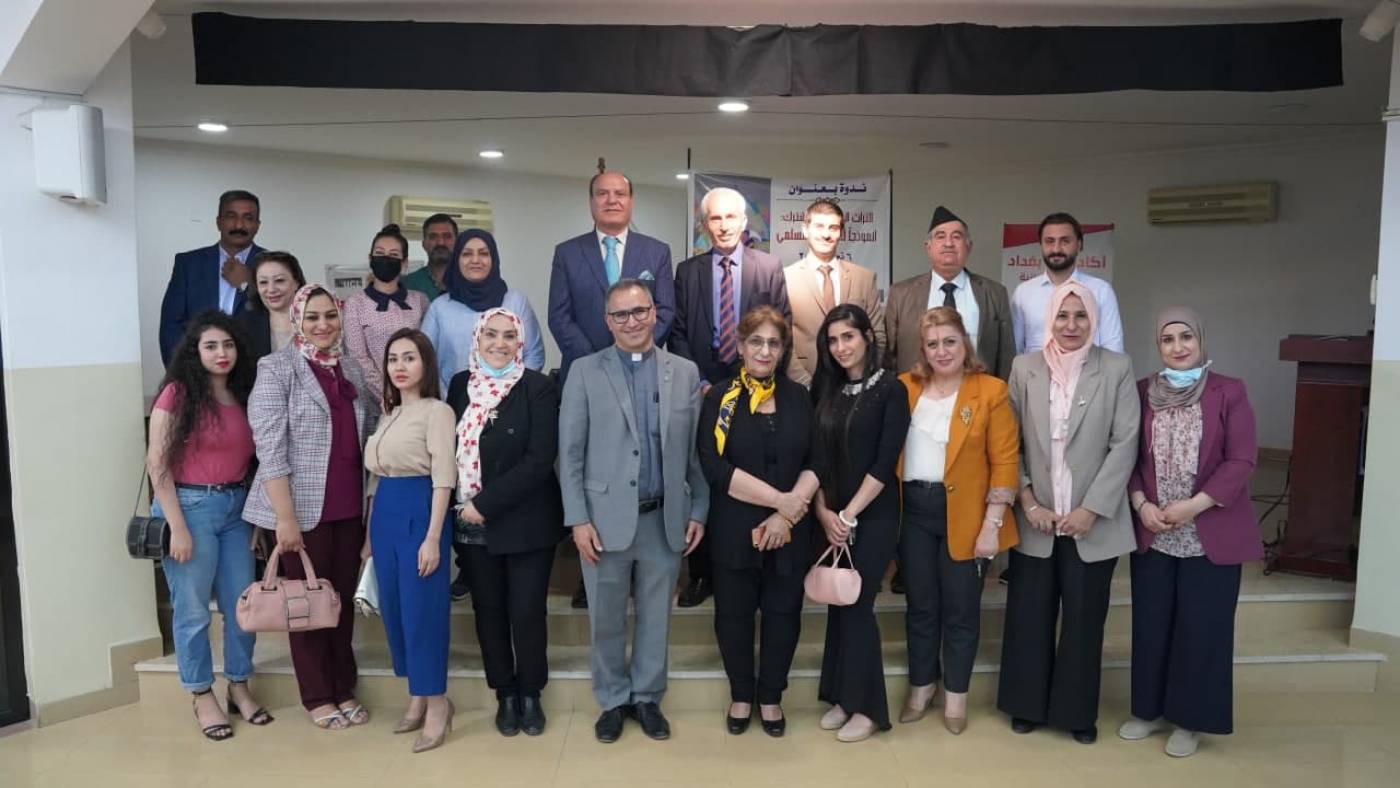Iraq represents one of the richest diverse communities that some of which go back to the early settlements of Mesopotamia. These communities embrace various cultural, socialrituals and diverse religious beliefs and thinking schools that were always intertwinedin the urban, social–cultural-spatial structures in the city.
This project does not attempt to deny the current unstable situation that is threatening Baghdad’s community and its social-cultural environment since 2003 or discusses the complex relationship between religions,minorities and conflicts that are most stressed by media and political discourses. Instead, it aims to highlight how religious diversity can emphasize heritage and cultural unity by recalling people’s narratives that embrace the shared history, rituals, and local traditions. The project highlights the other face of multi-religion and culturalism as a tool for peacebuilding and overcomes conflict in Iraq.
The project explores and analyses the relationships between religion, community, and heritage, without producing an inclusive review of existing literature focusing on these terms, or on the understanding of violence triggers in the city. The aim is to identify the shared features of religions, as well as the common rituals, traditions, and practices that the Baghdadi’s community share interest in.
This research provides a strategy for protecting and preserving the tangible and intangible cultural heritage of minority groups. The project brought together academics, architects and students, heritage professionals, policy-makers, religious and minority groups leaders, media and the civil society in an effort to raise awareness and advance a pluralist collective Iraqi identity.
Watch video from the Nahrein Network Colloquium to learn more about the project.
Research Design and Methodology
There are two main themes to this study:
The role of religions in sustaining peace and plural community.
- Understanding the minorities and indigenous communities' relations with the place.
These themes explore new ways to overcome conflict, sectarian,and divisions through the interpretations of shared heritage, traditions, practices, and history, not only by acknowledging that traditions, multiple memories, and heritage are attached with the place identity but also by articulating a methodology that allows hearing from Baghdad vibrant communities and their resilience post-2003.
Accordingly, the research has chosen to undertake a qualitative and interpretive approach. It is based firstly on a critical review of existing literature from a variety of academic fields, including politics and internationalrelations, peace and conflict studies, sociology, history, and security, in addition, it explores existing research focusing on religion's equality and the role of shared heritage, traditions, practices in overcome conflict and peacebuilding.
The research divided their impact over six main vibrant communities of Baghdad: Shi’a Community, Sunni Community, Sufi Community, Armenian Community, Syriacs Chaldean Community, Mandaean Community.
The main methods are organizing inter-faith workshops associated with semi-structural interviews based on a set of 15 and 80 in total as a way to develop and explore new levels of interpretations and mapping the religious plurality of Baghdad through community rituals, shifting trends, behaviours, symbols, interactions, and perceptions.
This method aims to capture the diversity of Baghdad’s community and the essence of its heritage, religion,and conflict, through documenting both tangible and intangible heritage.
These methods help to explore many untold stories, personal interpretations, new follow‐up questions, and recognise new level of data that cannot gain from the official reports and documents.




 Close
Close

